Earth
Sign up for our newsletter
We summarize the week's scientific breakthroughs every Thursday.
-
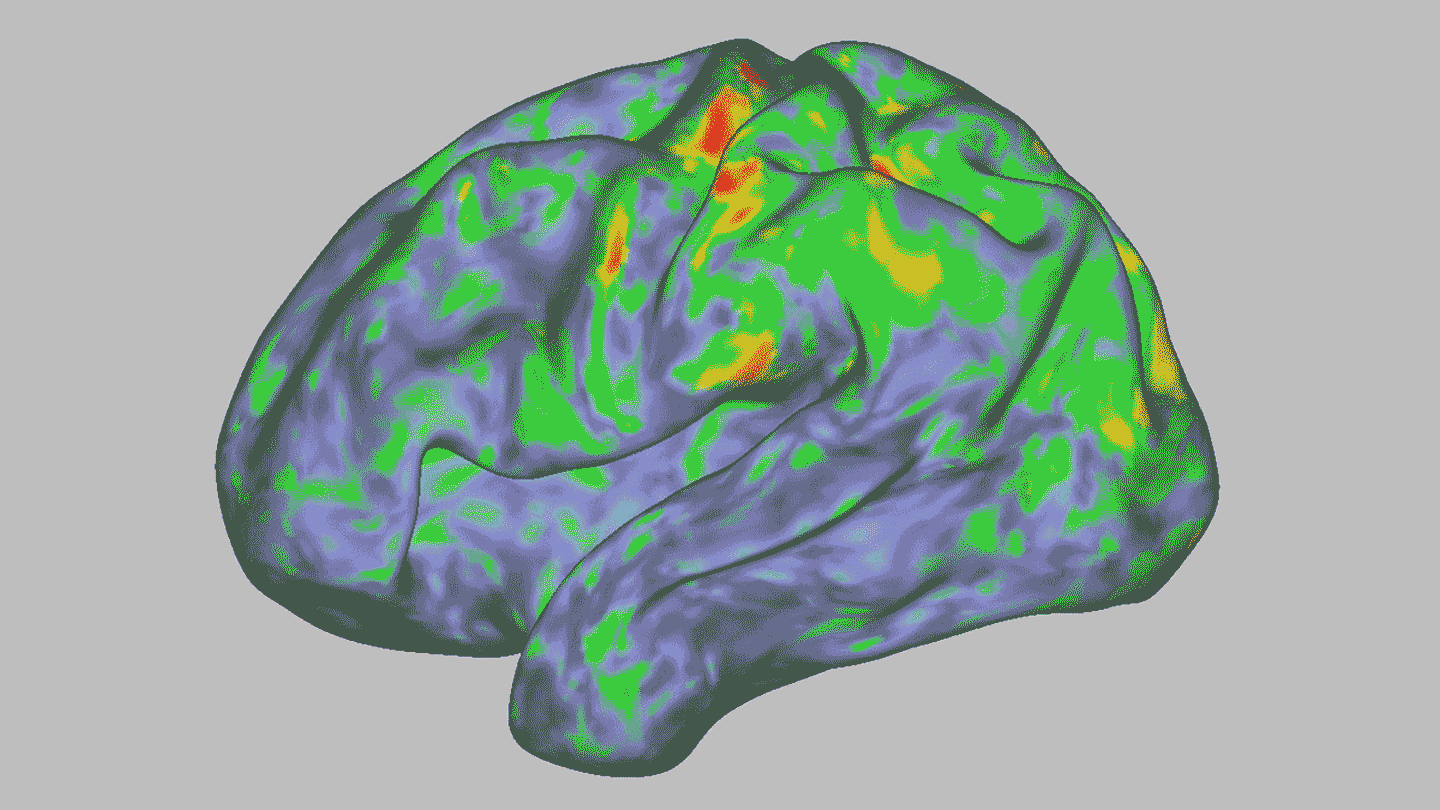 Science & Society
Science & SocietyThese are the 5 most popular Science News stories of 2024
Science News drew millions of visitors to our website this year. Here’s a recap of the most-read and most-watched news stories of 2024.
-
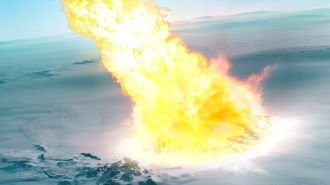 Life
LifeThese scientific feats set new records in 2024
Noteworthy findings include jumbo black hole jets, an ultrapetite frog, ancient asteroid remnants and more.
-
 Earth
EarthEarth’s inner core may be changing shape
Earthquake data suggest that all or small patches of the inner core's surface may be swelling and contracting.
By Nikk Ogasa -
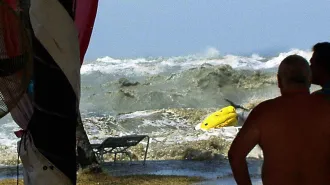 Earth
EarthThe 2004 tsunami killed hundreds of thousands. Are we better prepared now?
Twenty years after the deadliest wave in recorded history, most oceans have warning systems and communities have learned how best to escape the danger.
-
 Artificial Intelligence
Artificial IntelligenceGenerative AI is an energy hog. Is the tech worth the environmental cost?
Generative AI and the hype around it has rung in excitement and alarm bells this year. Here’s how to consider climate, energy and AI's intersection.
-
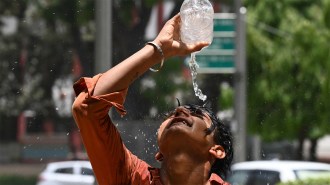 Climate
ClimateClimate change made 2024 the hottest year on record. The heat was deadly
Heat waves fueled by climate change killed scores of people and upended daily life. Here are some of those stories.
By Carolyn Gramling and Nikk Ogasa -
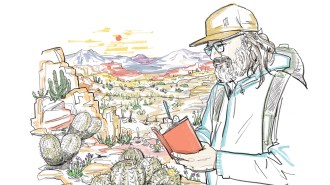 Plants
PlantsMeet a scientist tracking cactus poaching in the Atacama Desert
Botanist Pablo Guerrero has been visiting Atacama cacti all his life. They’re not adapting well to a drier climate, booming mining and plant collection.
-
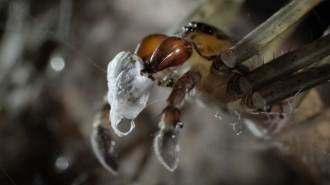 Animals
AnimalsClimate stress may undermine male spiders’ romantic gift giving
Even spider love lives show an effect of climate uncertainty: Stressed males may offer a bit of silk-wrapped junk rather than a tasty insect treat.
By Susan Milius -
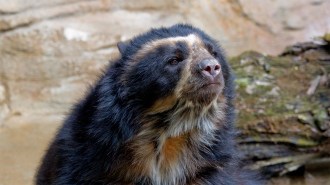 Ecosystems
EcosystemsNew videos reveal the hidden lives of Andean bears
The footage give clues to the range of plants the bears eat and how they mate, information important for conservation.
-
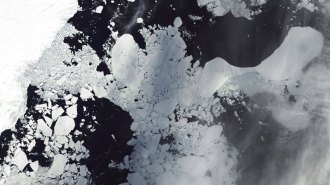 Climate
ClimateAn unexpected ice collapse hints at worrying changes on the Antarctic coast
The Conger Ice Shelf disintegrated in 2022. Satellite data leading up to the collapse hint at worrying changes in a supposedly stable ice sheet.
By Douglas Fox -
 Climate
ClimateFrom electric cars to wildfires, how Trump may affect climate actions
Trump’s first term, campaign pledges and nominees point to how efforts to address climate change and environmental issues may fare.
By Carolyn Gramling and Nikk Ogasa -
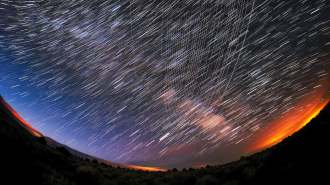 Climate
ClimateSatellite space junk might wreak havoc on the stratosphere
Hundreds of defunct satellites plunge toward Earth every year. Scientists are studying how the chemical stew left in their wake impacts the atmosphere.